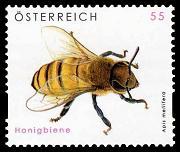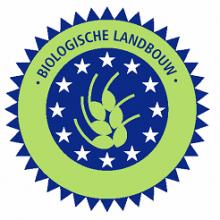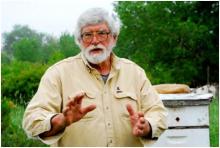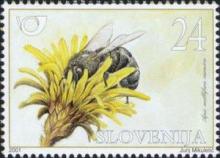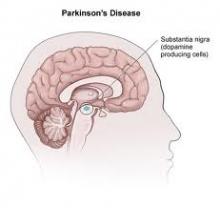EU-Studie bestätigt GLOBAL 2000-Forderung nach Verbot von bienengiftigen Maisbeizen
Eine Studie im Auftrag des Europäischen Parlaments untermauert den von GLOBAL 2000 und den österreichischen Imkern 2008 erstmals geäußerten Verdacht, dass die Bienengefährlichkeit der neonicotinoiden Maisbeizmittel nicht allein durch ihre akute Giftwirkung verursacht wird. Vielmehr sieht die aktuelle Studie es als erwiesen an, dass bereits kleinste “subletale” Mengen dieser Pestizide in Nektar, Pollen oder Wasser die Überlebensfähigkeit eines Bienenvolks entscheidend beeinträchtigen können. Die wesentlichen Inhalte der Studie wurden vorgestern von der österreichischen Imkerschaft in einer Aussendung präsentiert (siehe: www.biene-oesterreich.at). “Das lässt hoffen, dass Europa doch noch rechtzeitig die dringend erforderlichen Verbote für bienengiftige Neonicotinoid-Pestizide umsetzt”, freut sich Helmut Burtscher, Umweltchemiker von GLOBAL 2000: “Denn diese Pestizide sind nicht nur für Bienen eine Gefahr, sie sind eine Bedrohung für unser gesamtes Ökosystem, da sie dieses an seiner empfindlichsten Stelle angreifen. Wenn jene Insekten, die die Bestäubungsarbeit für rund 80% der weltweiten Pflanzenarten verrichten, nicht rechtzeitig geschützt werden, droht ein noch nie da gewesenes Artensterben.”

